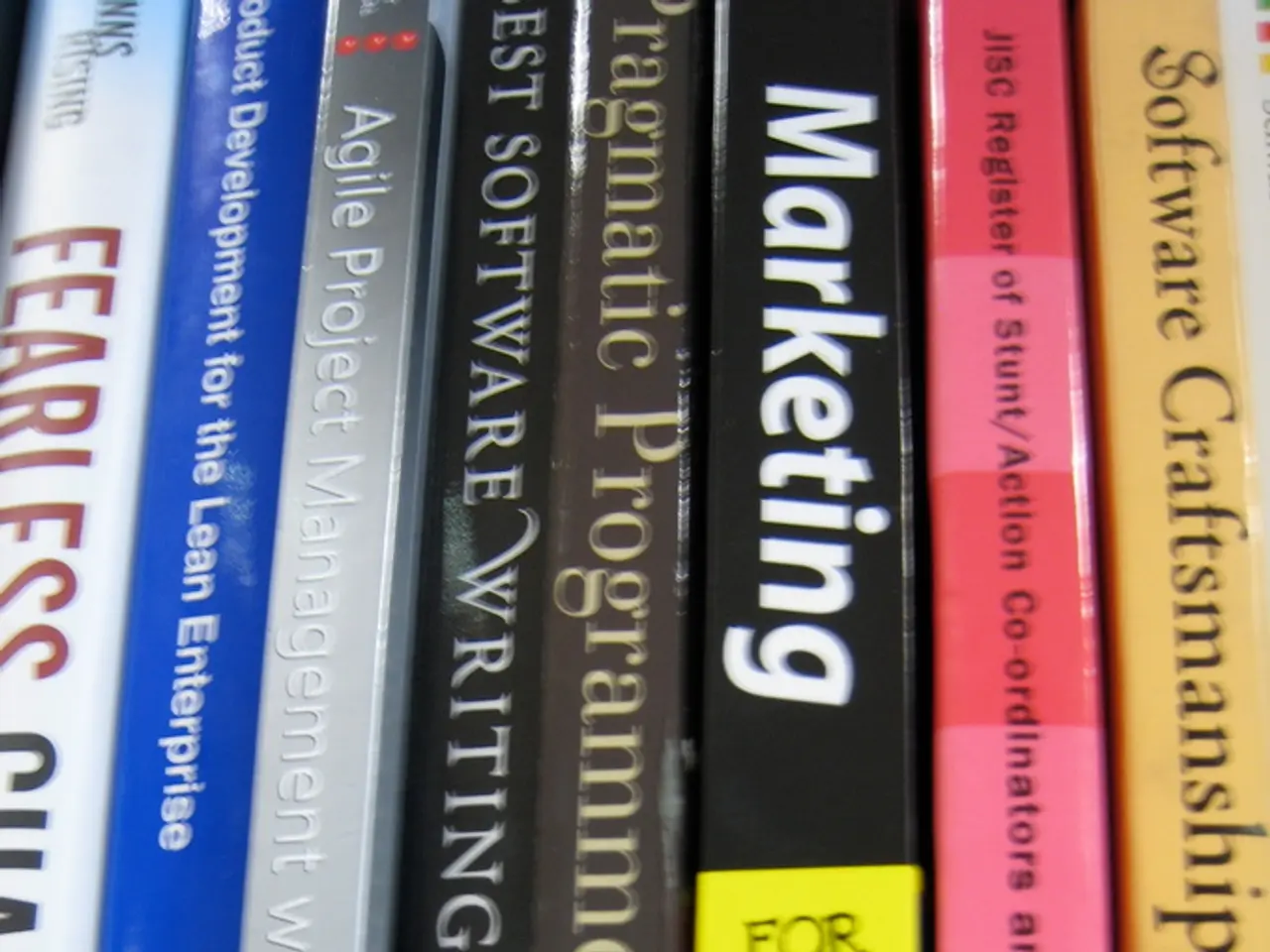Enhancing a Child's School Preparedness: 5 Strategies
======================================================================
In today's fast-paced world, preparing children for school success is more crucial than ever. By implementing a few simple games and activities at home, parents can help their children develop essential skills such as self-regulation, concentration, emotional intelligence, and a love for reading.
Games to Build Self-Regulation and Concentration
Playing modified versions of games like "Red Light, Green Light" with changing rules or colors can enhance attention and impulse control. Activities such as variations of "Head, Shoulders, Knees, and Toes," where children do the opposite of the instruction, also improve focus and self-control. Additionally, puzzles and mazes chosen at the child's developmental level help strengthen concentration.
Reinforce Following Instructions and Focus
Giving children only a few simple instructions at a time and having them repeat what they are expected to do supports processing and executing tasks more effectively.
Emotional Regulation through Connection and Co-regulation
When a child is dysregulated, sitting with them and matching their breathing rhythm helps them feel safe and calm, enabling learning. Using "time-in" strategies rather than punishment, creating comfort corners with sensory tools or fidgets provides ways to self-regulate without breaking connection. Incorporating brain breaks and movement throughout daily routines supports optimal brain function and emotional control.
Emotional Intelligence and Social Skills
Brief sharing circles, where children share highlights or feelings of the day, foster belonging and emotional expression, which contribute to emotional intelligence and classroom readiness.
Cultivating a Reading Culture
Engage in activities like letter hunts around the house to recognize alphabet letters in everyday objects. Encourage storytelling by looking at picture books and inviting children to narrate stories about the images, which enhances comprehension skills and joy in communication.
Hands-on, Montessori-inspired Practical Life Activities
Activities like pouring, sweeping, folding, or simple gardening at home build self-discipline, fine motor skills, and independence, supporting executive functions critical for school success.
Creative and Playful Activities to Strengthen Executive Functions
Drawing, coloring, clay play, and musical games such as musical chairs improve creativity, fine motor control, listening skills, and reaction times, all contributing to self-control and concentration.
By incorporating these techniques, parents can create a nurturing environment that supports their child's school readiness journey. It's important to remember that the best results are obtained when schools and families work together. Encouraging children to make decisions within a parent-controlled framework can help them practice self-control.
Lastly, it's essential to note that school readiness refers to the development of social and emotional traits that determine a child's success in transitioning into school. Specific games such as puzzles and mazes can help improve a child's concentration, but they should be chosen based on the child's actual capabilities rather than their chronological age.
[1] Article 1 on attention games [2] Article 2 on co-regulation and emotional regulation [3] Article 3 on storytelling and literacy [4] Article 4 on Montessori-inspired activities [5] Article 5 on creative activities and executive functions
- By choosing games like "Red Light, Green Light," "Head, Shoulders, Knees, and Toes," puzzles, mazes, or creative activities such as drawing and coloring, kids can enhance their learning and develop essential skills like self-regulation, concentration, and emotional intelligence.
- When helping their toddlers learn, parents can implement simple games and activities that require following instructions and focus to strengthen their children's development in school and personal growth.
- Engaging in activities like sharing circles, letter hunts, or storytelling around picture books can create a learning environment and instill a love for reading in children, enhancing their emotional intelligence, and school readiness.
- Incorporating hands-on, Montessori-inspired practical life activities, such as pouring, sweeping, or simple gardening, can help kids develop self-discipline, fine motor skills, and independence, critical for school success.
- Encouraging children to participate in creative and playful activities like drawing, coloring, musical games, or clay play can foster their creativity, fine motor control, listening skills, and reaction times, all of which contribute to self-control and concentration important for education and self-development.
- By collaborating with schools, families can create a supportive environment that nurtures a child's social and emotional development and ensures their personal growth, ultimately promoting their success in transitioning into formal schooling.




